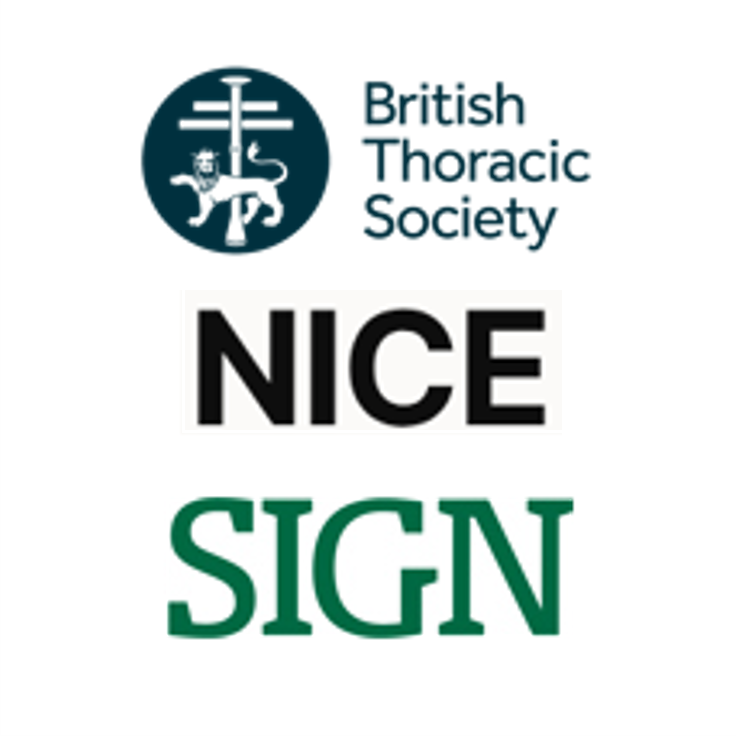Occupational asthma should be considered in all workers with symptoms of airflow limitation (see Annex 10). The best screening question to ask is whether symptoms improve on days away from work. This is more sensitive than asking whether symptoms are worse at work, as many symptoms deteriorate in the hours after work or during sleep. The use of non-leading questions is advocated.880
Adults with suspected asthma or unexplained airways obstruction should
be asked:
- Are you the same, better, or worse on days away from work?
- Are you the same, better, or worse on holiday?
Those with positive answers should be investigated for occupational asthma.
[BTS/SIGN 2019]
Occupational asthma can be present when tests of lung function are normal, limiting their use as a screening tool. Asthmatic symptoms improving away from work can produce false negative diagnoses, so further validation is needed.
Although skin-prick tests or blood tests for specific IgE are available, there are few standardised allergens commercially available which limits their use. A positive test denotes sensitisation, which can occur with or without disease. The diagnosis of occupational asthma can usually be made without specific bronchial provocation testing, considered to be the gold standard diagnostic test. The availability of centres with expertise and facilities for specific provocation testing is very limited in the UK and the test itself is time consuming.
R
In suspected work-related asthma, the diagnosis of asthma should be confirmed using standard objective criteria.
[BTS/SIGN 2019]
